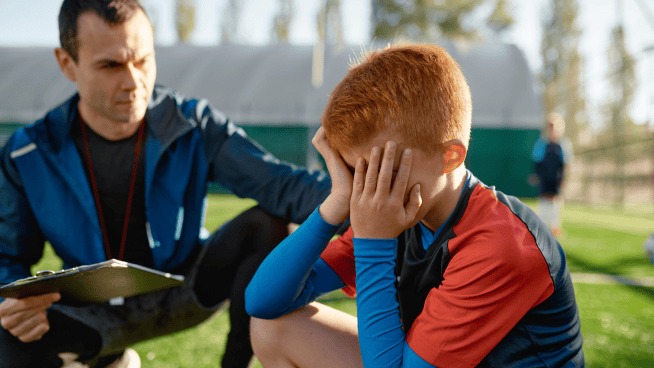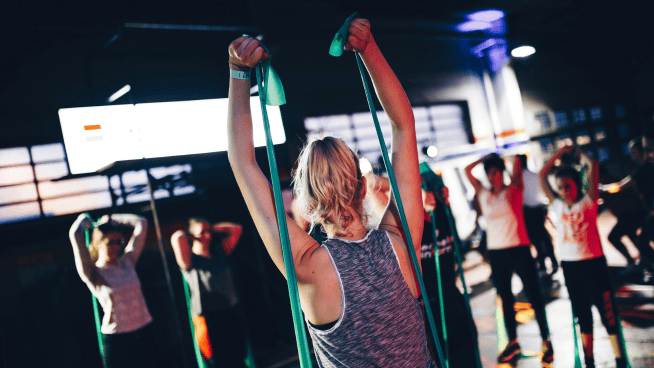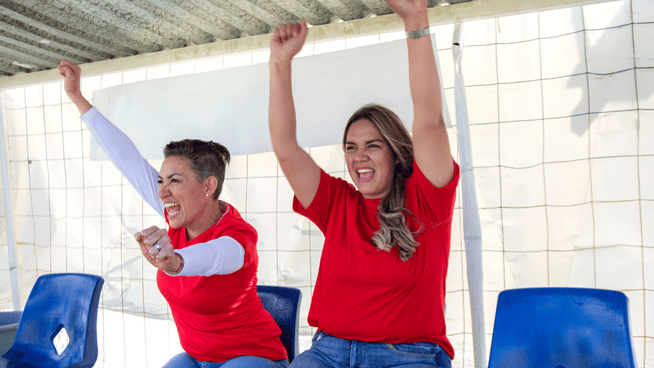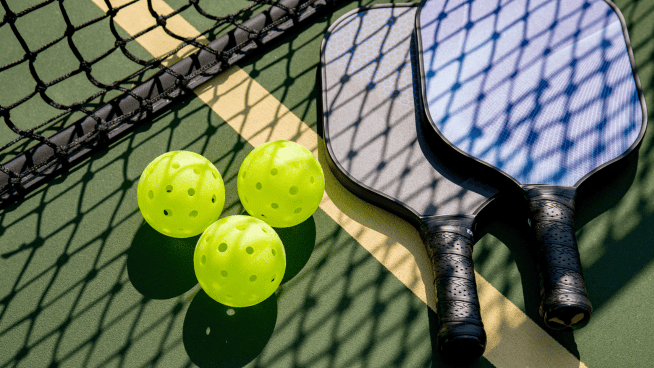Preparing for Practice With the Right Attitude
“We’re sitting here talking about practice, not a game … we’re talking about practice, man. How silly is that?” – Allen Iverson
Actually, it’s not silly at all, because practice preps you for the game. Therefore, you should prep for practice, too, to make sure you’re as ready for the game as you can be.
Dr. Mike Voight, a sport performance consultant who’s worked with professional, college and high school athletes and teams, including Texas and USC, explains how to get the most from your game prep.
Attitude
To determine an athlete’s attitude toward practice, Voight uses a self-assessment test, which includes the questions, “Do you look forward to the end of practice?” and “Do you perceive practice as punishment?” If you answer yes to either, your attitude is far from the professional mindset Voight works to develop with athletes.
After getting athletes to embrace the idea of a quality practice, as he did with USC football players through work with head coach Pete Carroll, Voight helps them actually prepare for practice—and “not just showing up.” He says, “You need physical and mental routines to park the distractions so you can be full-time players.”
Adjusting your attitude starts with off-the-field routines. Did you sleep well the night before? Are you hydrating and eating the right foods?
Preparation
Your coaches prepare for practice with video walkthroughs, practice plans and lots more, so you should reciprocate by showing up equally rehearsed. Voight says, “Many athletes I work with watch video just because they have to. Take notes on the game tapes, study the practice plans and use everything you learn to determine what you want to improve.”
Routine
Voight advises, “At a break during practice, ask yourself, ‘Am I improving on what I set out to accomplish?’ Don’t just think about the things that aren’t going well. Think about anything positive others have noticed.” These “uplifts” are quick, effective ways to keep your confidence high during action. “Internalize [a coach’s positive] words and think ‘I am playing hard, and I’m happy that people are taking notice,’” Voight says.
And if it’s not going so great, like you just can’t hit that routine jumper, go back to basics or perform something that you do well.
There’s no better time to set and use routines than in practice, as it provides the opportunity to perfect your techniques and revise any plans that aren’t working. Then, come game time, you can free your mind and get into the rhythm of the contest.
RECOMMENDED FOR YOU
MOST POPULAR
Preparing for Practice With the Right Attitude
“We’re sitting here talking about practice, not a game … we’re talking about practice, man. How silly is that?” – Allen Iverson
Actually, it’s not silly at all, because practice preps you for the game. Therefore, you should prep for practice, too, to make sure you’re as ready for the game as you can be.
Dr. Mike Voight, a sport performance consultant who’s worked with professional, college and high school athletes and teams, including Texas and USC, explains how to get the most from your game prep.
Attitude
To determine an athlete’s attitude toward practice, Voight uses a self-assessment test, which includes the questions, “Do you look forward to the end of practice?” and “Do you perceive practice as punishment?” If you answer yes to either, your attitude is far from the professional mindset Voight works to develop with athletes.
After getting athletes to embrace the idea of a quality practice, as he did with USC football players through work with head coach Pete Carroll, Voight helps them actually prepare for practice—and “not just showing up.” He says, “You need physical and mental routines to park the distractions so you can be full-time players.”
Adjusting your attitude starts with off-the-field routines. Did you sleep well the night before? Are you hydrating and eating the right foods?
Preparation
Your coaches prepare for practice with video walkthroughs, practice plans and lots more, so you should reciprocate by showing up equally rehearsed. Voight says, “Many athletes I work with watch video just because they have to. Take notes on the game tapes, study the practice plans and use everything you learn to determine what you want to improve.”
Routine
Voight advises, “At a break during practice, ask yourself, ‘Am I improving on what I set out to accomplish?’ Don’t just think about the things that aren’t going well. Think about anything positive others have noticed.” These “uplifts” are quick, effective ways to keep your confidence high during action. “Internalize [a coach’s positive] words and think ‘I am playing hard, and I’m happy that people are taking notice,’” Voight says.
And if it’s not going so great, like you just can’t hit that routine jumper, go back to basics or perform something that you do well.
There’s no better time to set and use routines than in practice, as it provides the opportunity to perfect your techniques and revise any plans that aren’t working. Then, come game time, you can free your mind and get into the rhythm of the contest.










